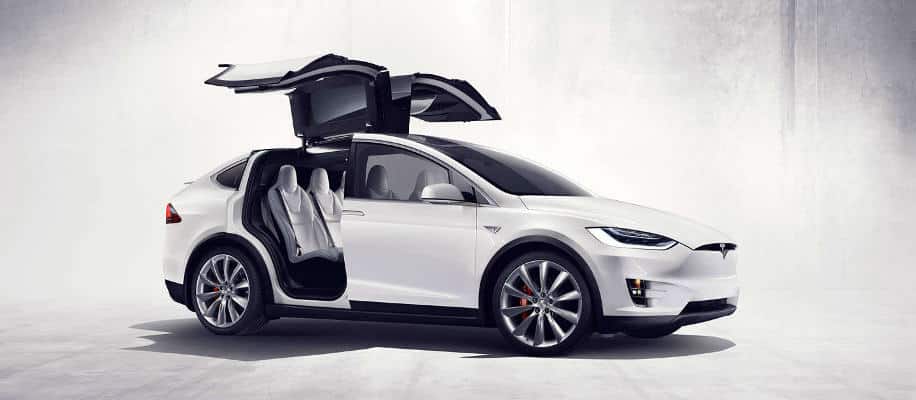Now world-famous and known for innovative thinking and sometimes a little too lofty ideas. Elon Musk had good luck with many ideas. While the implementation of his latest idea is still a long way off, Tesla is bringing the third model and the second model of the S-3-XY series. "Series Sexy"? Well, the Model S is already known as the Californians' first production car (the Roadster never came off the assembly line). The Model X has now followed and the missing Model 3 and Y are being planned. Just sexy. So what's stopping people from buying a Tesla? Autonomous driving and gullwing doors sounds awesome?!
The costs
The problems of electric cars no longer need to be explained broadly: insufficient range, long charging times, a lack of charging stations and high acquisition costs. So far so good. However, progress can be seen from model to model, especially at Tesla. While the new eGolf from VW only manages the current average range of around 200 km on one charge, the Model X plowed over a whopping 500 km! This is an announcement! With a six-digit purchase price, however, the problem becomes clear relatively quickly: it must still be calculated beforehand whether the whole thing is worth it. Because one thing is certain: at the moment such a car creates more image than environmental protection. The Falcon Wing wing doors really look good!
The Devil "Grey Energy"
Cities are overloaded, no big city is imaginable without traffic noise. Over a way to relieve the city thinks Elon Musk at the moment. But is a city relieved economically and ecologically by electric cars? Imagine New York without petrol engines... yes, then people get run over because they don't hear the car coming... but I trust in the adaptability of humanity, that should work out at some point.
Something else would change. Gas stations would disappear and charging stations would fill corporate parking lots, garages and backyards. So how much energy does a car like this “consume”? Because electricity also costs resources in production. Researchers at the Swiss Federal Laboratories for Materials Science and Technology calculated the ecological footprint of a lithium-ion battery for cars. Such a battery weighs around 300-500 kilograms (depending on range). Unfortunately, the costs of production, maintenance and disposal (footprint) are still quite high.
Accordingly, a petrol car should consume "only" 3,9 liters per 100 km to have about the same environmental compatibility. On the other hand, an electric car still emits "3,9 liters of gasoline" per 100 KM. That doesn't sound so ecological anymore, does it?
Electric cars are rightly on the rise. The innovative idea is being taken up by more and more car manufacturers and no longer blindly rejected. Unfortunately, the fact is that the technology will need a few more years to really be able to flood the market. Let's stay curious how the battery weight, the oil lobby and Elon Musk will continue to adapt to electric cars in the future.








